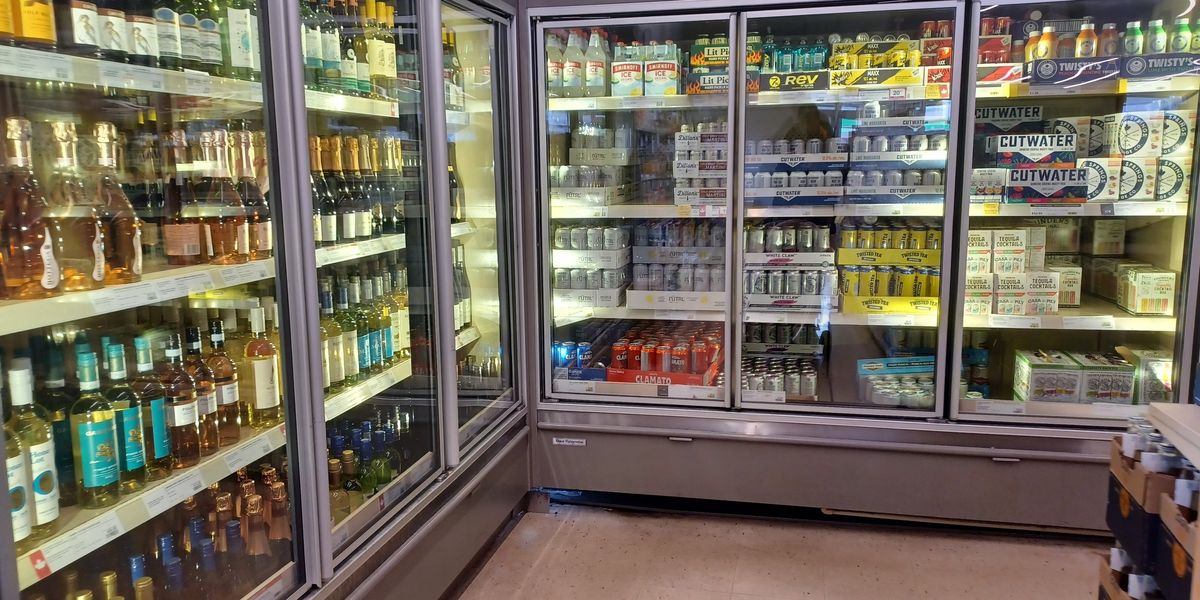Significant changes are on the way to laws in Ontario, and they could affect both your weekend drinks and your housing situation.
This summer, various bits of legislation are rolling out in Ontario that could help you save money on things like alcoholic beverages and even rent.
Starting next month, the provincial government is set to reduce taxes on certain locally produced beverages, and at the same time, the LCBO is expected to lower its markups on some products. If you’re buying local, your next trip to the liquor store might be a little easier on your wallet.
At the same time, the City of Toronto is introducing a strict new rental laws aimed at curbing “renovictions” — when landlords force tenants out under the guise of repairs and then hike up the rent.
Here’s a comprehensive breakdown of the new laws and their implications for Ontario shoppers and Toronto renters.
Spirits’ basic tax rate
If you’ve ever bought a bottle straight from a local distillery, you’ve paid the spirits’ basic tax, and it’s steep.
Currently, the tax rate is set at 61.5%, but as of August 1, 2025, the province plans to reduce it to 30.75%. That’s a 50% cut, and it could mean better prices for locally made vodka, gin, whisky and other spirits sold directly through distillery storefronts.
This change is part of a proposed update to the Liquor Tax Act, designed to help Ontario spirit makers remain competitive and grow their businesses.
Beer and cider from local producers could get cheaper
Ontario’s small alcohol producers, including microbreweries and cider makers, are also getting significant tax relief starting August 1, 2025.
For microbreweries (those producing under 49,000 hectolitres annually), the basic beer tax will be cut in half:
Draft beer: from 35.96 cents/litre to 17.98 cents per litreNon-draft beer (bottles & cans): from 39.75 cents/litre to 19.88 cents per litre
To align with the tax break, the government says the LCBO will be required to reduce its own markup rates to match the reduced beer tax, meaning shoppers may see some savings on their next trip — especially if they’re buying Ontario-made products.
Meanwhile, the LCBO’s markup on certain other ready-to-drink beverages is also being reduced significantly. The rate will drop from 60.6% to 32% on cider, and from 60.6-96.7% down to 48% on wine- and spirit-based beverages with an alcohol content of 7.1% or less.
Keep in mind that beer sold to retailers before August 1 but sold after that date will still be taxed at the higher rate, so it may take some time for the lower prices to trickle down to shelves.
Toronto’s new renovictions bylaw
Toronto is tightening rules for landlords starting Thursday, July 31.
That’s when the city’s new Rental Renovation Licence By-law takes effect — a policy aimed at preventing renovictions, where landlords evict tenants under the pretext of conducting major renovations in order to raise the rent or deter renters from moving back in.
Here’s what changes under the by-law:
Landlords must apply for a licence with the City before issuing an N13 eviction notice.They need to show building permits and proof that a tenant has to move out.Tenants must be offered temporary housing, rent-gap compensation and moving allowances.If the tenant doesn’t return after the renovation, the landlord must provide severance compensation.
The by-law also creates an online registry, so tenants can check whether their landlord has the proper licence in place. Suspected violations can be reported directly to the City.
Renters seeking support can call 311 to connect with legal and housing assistance through the Toronto Tenant Support Program.
The new rules are part of Toronto’s broader plan to address the housing crisis, preserve affordable rental units and protect tenants from being unfairly displaced.
Love this? Check out our Narcity noticeboard for details on jobs, benefits, travel info and more!
AI tools may have been used to support the creation or distribution of this content; however, it has been carefully edited and fact-checked by a member of Narcity’s Editorial team. For more information on our use of AI, please visit our Editorial Standards page.

